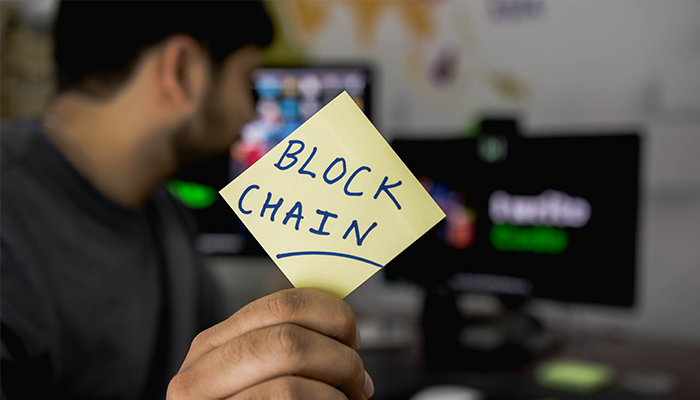
or

KHOSLA KA GHOSLA most would remember the Bollywood take on challenges faced in the real estate space in India. On a more serious note, such anomalies have costed India more than INR 12 trillion in foreign investments into the real estate sector.
The Registration Act, 1908 allows only ‘presumptive’ ownership as a registration of a sale deed is not a conclusion of ownership of title and is liable to be challenged in courts. At present, ‘title’ of a property can be ascertained and established only vide a chain of transfer documents starting from the very first owner, the onus being on the buyer.
The Digital India Land Records Modernization Programme (DILRMP) initiated by the present dispensation seeks to make all land records and title digital. Has this changed anything for the better for real estate transactions i.e ownership disputes; corruption in data handling etc.? Further challenges around gaps in title history of properties in different parts India coupled with divergent title book keeping practices and languages in different States makes a typical real estate transaction immensely cumbersome, causes delays in progress and often stalls or breaks-down the transaction.
As an alternative, creation of digital ledgers using blockchain technology and storing all relevant property and title papers such as land title records, property lay out plans submitted to the local or municipal corporations, approvals and related documents, certificates relating to commencement of construction, development or construction agreements, charge documents including mortgages etc., No objections from relevant authorities i.e. fire department, environment department, Airports Authority, Occupation Certificate etc could mitigate much of these ills.
Blockchain technology is code-supported and also enables creating online public ledgers of transactions i.e. each change in the attribute of any property like demarcation by mits and bounds, succession, partition, change of land useetc. would be accorded a unique identifier of its own basis the type of transaction. This chronological trail of transactions could be retrieved anytime by users. The blockchain technology makes all the information stored on the digital ledger immutable.
Creation of a digital certificate management architecture, clear and firm land titling laws along with unification of all department engaged in land and title processes into a single department is expected to follow the increased acceptance of blockchain technology in real estate.
Use of Blockchain technology in real estate dates back to 2016 with Sweden, followed by Dubai, Brazil, Honduras and Georgia. The advantages of use of blockchain in the real estate space outweigh the challenges, to enable reliable and hassle free transactions in the real estate space. Andhra Pradesh & Telangana are both using the blockchain technology to build secure land records. Our real estate desk is working extensively with real estate developers, investors and law makers to enable convergence on expediting the shift towards use of blockchain in real estate. The way of doing real estate transactions in India undergoing a major makeover is inevitable, while each step will need buy in of all stakeholders.
Dr. Manoj Kumar is the Founder of Hammurabi & Solomon & Visiting fellow with Observer Research Foundation, New Delhi.
Shweta Bharti is a Senior Partner heading the Dispute Management practice at Hammurabi & Solomon Partners. She brings together a perfect blend of litigation strategy & business practices to meet the business needs of the clients and she has been recognized for providing an ideal combination of consistent high quality expertise derived from immense transactional experience and innovative thought in providing solutions to delicate transactional-legal needs.

Lex Witness Bureau

Lex Witness Bureau

For over 10 years, since its inception in 2009 as a monthly, Lex Witness has become India’s most credible platform for the legal luminaries to opine, comment and share their views. more...
Connect Us:


The Grand Masters - A Corporate Counsel Legal Best Practices Summit Series
www.grandmasters.in | 8 Years & Counting
The Real Estate & Construction Legal Summit
www.rcls.in | 8 Years & Counting
The Information Technology Legal Summit
www.itlegalsummit.com | 8 Years & Counting
The Banking & Finance Legal Summit
www.bfls.in | 8 Years & Counting
The Media, Advertising and Entertainment Legal Summit
www.maels.in | 8 Years & Counting
The Pharma Legal & Compliance Summit
www.plcs.co.in | 8 Years & Counting
We at Lex Witness strategically assist firms in reaching out to the relevant audience sets through various knowledge sharing initiatives. Here are some more info decks for you to know us better.
Copyright © 2020 Lex Witness - India's 1st Magazine on Legal & Corporate Affairs Rights of Admission Reserved